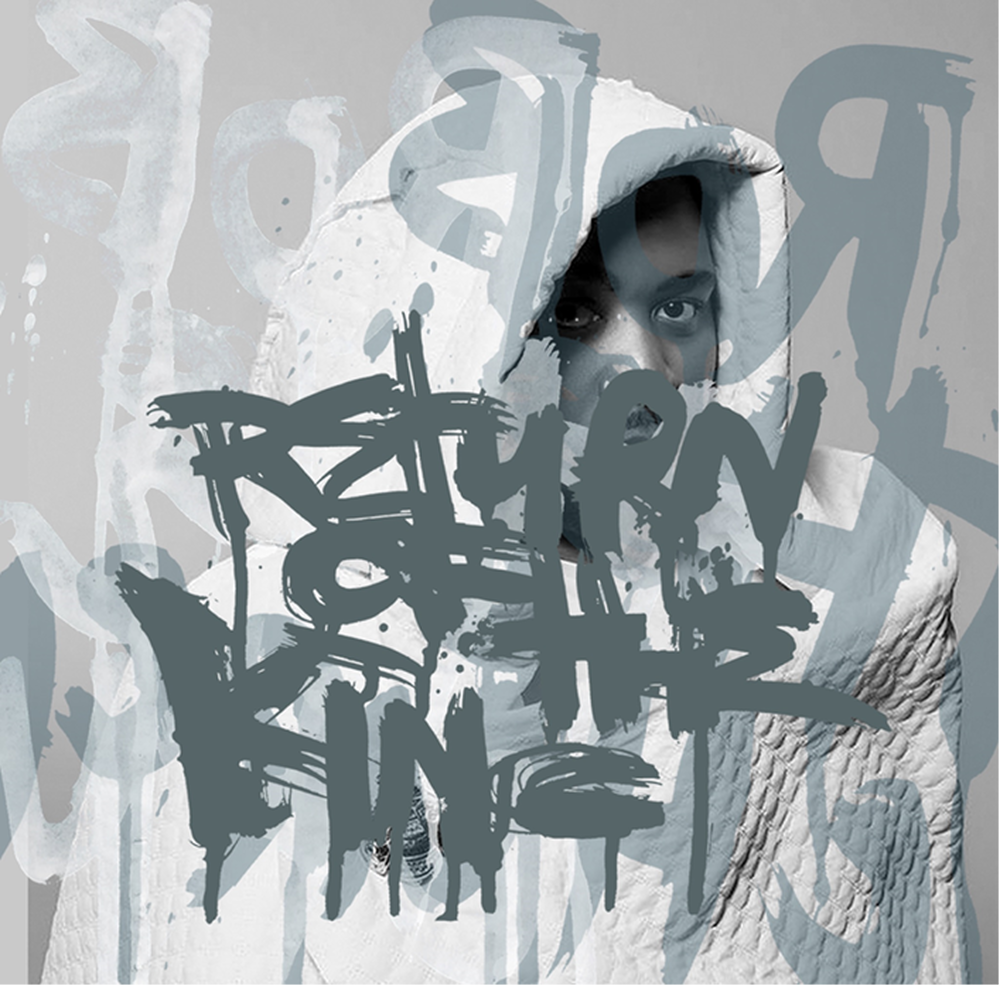Rapper Tumi Molekane.
Rapper and poet Tumi Molekane’s latest album Return of the King is not just a collection of great songs, it’s an album tied together by a uniform sound with its own variations and few diversions. Even with a diverse guest list of artists spread across all genres (Saul Williams, Simphiwe Dana, and Fredy Massamba among others), the album treats itself like a monolithic body of work.
Molekane’s genius as an executive producer and artist is heard throughout the Return of the King. He reveals that the first step to making the album, which was initially to be titled Rob the Church, was writing down all the song titles and using them as a map. This was three years ago. The album’s recording, which was done in Maseru, Johannesburg, Toronto, Zurich, Paris and Dakar, was overseen by Instro, in-house producer and engineer of Motif Records.
Three years later, after numerous pushbacks, a title change, Return of the King was served to the world as a surprise album on June 16, South Africa’s Youth Day.
Lyrically, the rapper does not disappoint.

The sound, however, is one of the most interesting traits of the project. In an era where repurposing kwaito hooks and beats seems to be the easiest way into radio playlists, Molekane chooses originality – he remains artistic and innovative. An enigmatic and raw pan-African sound defines Return of the King.
“Usually what happens when a hip hop artist says ‘okay I wanna make an African-influenced album’, people will sample some kind of vocal from Miriam [Makeba] and it sounds cheesy, or you end up making a song that doesn’t sound like hip hop anymore,” Tanzanian-born Molekane tells me at the Bush Radio music library in Cape Town a few weeks after the album release.
“I wanted to make a hip hop album that kind of inferred where I was from, but still be a hip hop album.” It was Swiss producer Fred Hirschy who designed the album’s soundscape.
“He was the guy who conceptualised the sound,” says Molekane. “We spent a lot of time going through Congolese and West African music. He’s a unique hip hop producer because he has extensive experience making traditional West African music and also understands Dr Dre.”
The conventional process where a producer sends beats to a rapper, and a rapper works on those, is not for Molekane. “I prefer to have lunch with a producer, to kind of get what you’re trying to say, where you come from, what your ideas on the world are, so I can give you an honest piece of work. When you get a gist of someone then you’re like ‘you know what, you do what you want’.

“Let me see what you have to offer, I won’t say do this or do that’ because working with people is about trust.”
One of the few artists he trusts, Busiswa, trades some tirades with the rapper on the album’s latest single, Visa. The radio-friendly 808s-based production with damp basslines is present on songs like Visa, In Defense of my Art, Broke People and Bayete.
It’s championed by Canadian producer Rene “Snaz” Hill, who has produced for Drake, DMX, M.O.P and more. Molekane met the producer years ago while touring with the band, The Volume. “I really liked his production philosophy,” says Molekane. “He wasn’t sampling. Even if he did, he did more than just let the sample lead. He felt like a musician to me, not just a beatmaker.”
The two have a long working relationship that has seen Snaz producing on all of the rapper’s solo albums (Music from my Good Eye, Whole Worlds and now Return of the King).

The album, while still titled Rob the Church, was finished about a year-and-a-half ago. After he finished recording, the album didn’t sound like he had envisioned. So he deleted half of it and re-wrote those songs, with the same titles.
Unlike many artists from his era, Molekane has managed to stay relevant and move with the times without sounding off-place. And that’s a calculated move. Recently, Molekane has had a fair share of radio spins without his music losing its essence. “There’s a certain economy to both the lyrics and the music,” he states. “And not just because I feel people won’t get it, it’s just where music is. The sound has changed. Again, man, I’m a student of the craft, I’m not going to completely abandon where people are. I have to meet them where they are.”